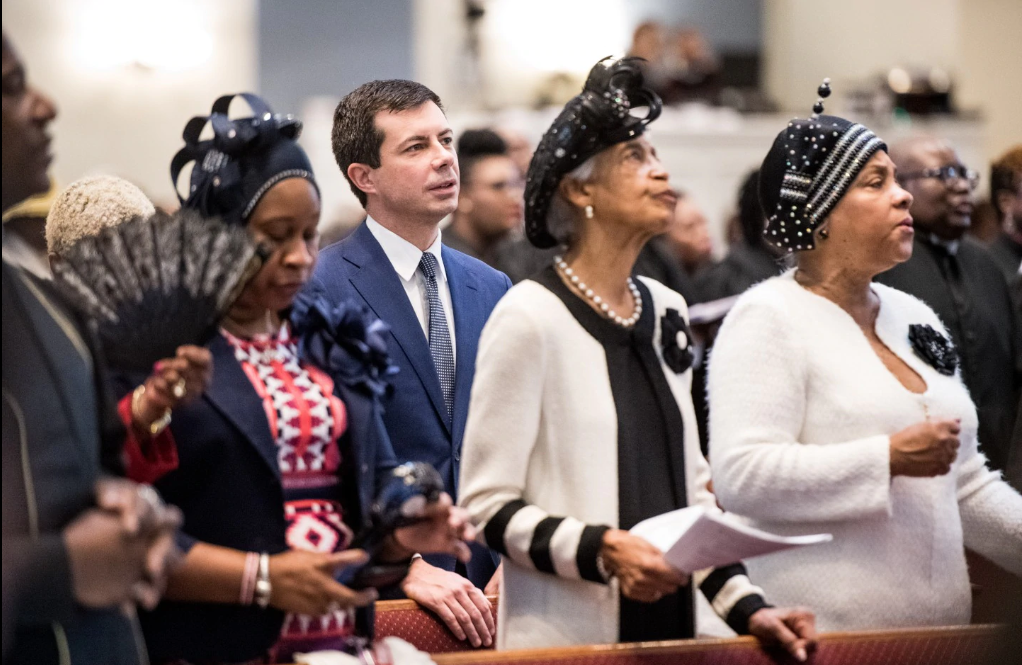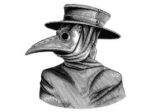Photo courtesy of Sean Rayford, Los Angeles Times
Pete Buttigieg, a prospective democratic nominee for president, has recently run into some controversy while introducing his racial justice plan. The so-called Douglass Plan, named for black abolitionist Fredrick Douglass, aims to implement multiple reforms to empower black Americans. However, his introduction of the plan was met with anger and confusion when three of the bill’s prominent black sponsors stated that they had not actually endorsed the plan.
Tameika Devine, Ivory Thigpen and Johnnie Cordero were three of the most prominent endorsements that Buttigieg’s plan had boasted. Columbia City Councilwoman Tameika Devine spoke out almost immediately, saying that her endorsement of the plan had been misrepresented as an endorsement for Buttiegieg’s candidacy for President in the campaign materials. State Representative Ivory Thigpen has, in fact, endorsed Bernie Sanders in the race for president and said he was surprised to see his name endorsing a plan and a candidate he had not.
“How it was rolled out was not an accurate representation of where I stand,” Thigpen said in an interview with The Intercept. “I didn’t know about its rolling out. Somebody brought it to my attention, and it was alarming to me, because even though I had had conversations with the campaign, it was clear to me, or at least I thought I made it clear to them that I was a strong Bernie Sanders supporter — actually co-chair of the state, and I was not seeking to endorse their candidate or the plan.”
Cordero has said that he did not endorse Buttigieg or the Douglass plan. “It’s presumptuous to think you can come up with a plan for black America without hearing from black folk.” Cordero said.
This is not the first time that Buttigieg has had an issue with how he approaches race. This past June, when he returned home to South Bend in response to a black man being shot by a police officer, he had a tense exchange with a local black woman.
“You’re running for president and you want black people to vote for you? That’s not going to happen.”
“Ma’am, I’m not asking for your vote,” Buttigieg responded.
“And you ain’t gonna get it either.”
Buttigieg’s struggle with black voters was perhaps foreshadowed back in 2012, when he was first elected mayor of South Bend. One of his first acts as mayor was to fire the black police chief from his position. This was not popular among the black voters in South Bend, and Buttigieg later wrote in his memoir: “[This] affected my relationship with the African-American community in particular for years to come.”
This has held to be true throughout Buttigieg’s campaign for President. Buttigieg currently has 0% black support in South Carolina according to a poll taken by Quinnipiac University. His campaign has suggested that Buttigieg’s lack of support among African Americans is due to homophobia. According to an internal memo from the Buttigieg campaign : “[…] being gay was a barrier for these voters [African American] , particularly for the men who seemed deeply uncomfortable even discussing it.”
The securing of the Democratic nomination depends in part on solid support from black voters. Without this support, Buttigieg will undoubtedly face an uphill battle in continuing in his bid for the Presidency.



